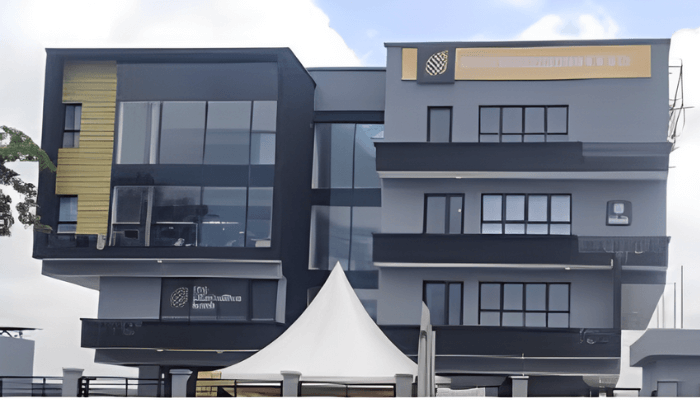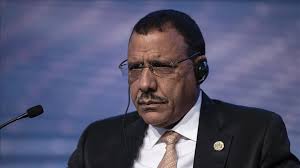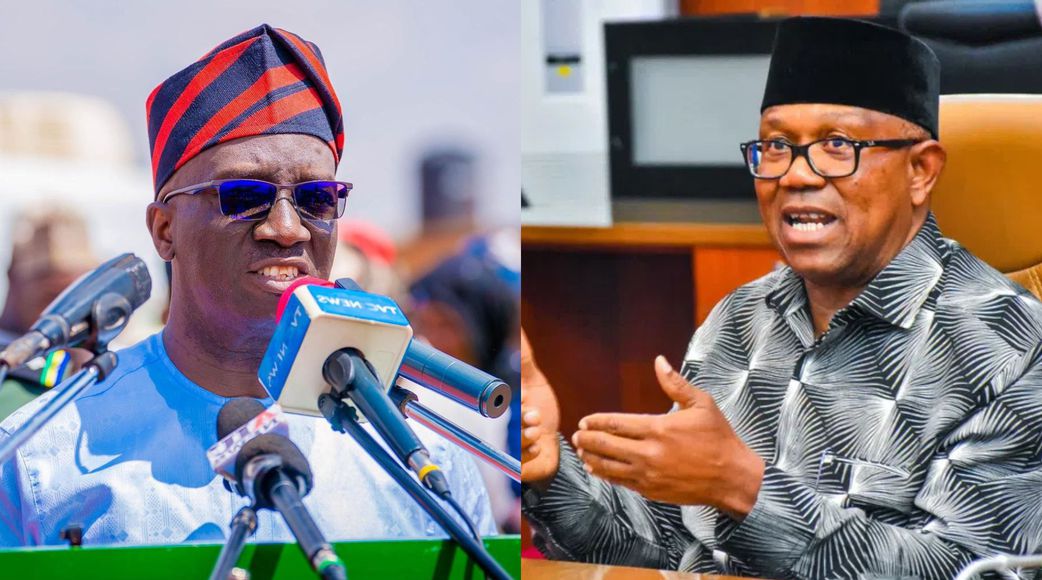The United Nations has condemned the continued detention of Niger’s deposed president, Mohamed Bazoum, and his wife, Hadiza, calling their confinement “arbitrary” since his ouster in a military coup.
Bazoum, who was democratically elected in 2021, was overthrown on July 26, 2023, by General Abdourahamane Tiani, head of the presidential guard, over allegations of failing to curb jihadist attacks. Since then, he and his wife have been held under strict confinement at the presidential palace in Niamey.
In a report obtained by AFP on Monday, the UN Working Group on Arbitrary Detention, operating under the UN Human Rights Council, stated: “The deprivations of liberty of Mohamed Bazoum and Hadiza Bazoum are arbitrary.” The group further recommended their immediate release and the right to seek compensation.
A team of lawyers representing Bazoum reiterated calls for his release, highlighting that the former president has had no contact with the outside world—including family, friends, and legal representatives—since his phone was confiscated in October 2023. “Only a doctor is allowed to visit them to deliver food and medicine,” the legal team stated.
Human rights lawyer Reed Brody, a member of Bazoum’s legal collective, accused Niger’s military rulers of unlawful confinement, stating: “The United Nations has rejected the shaky explanations and confirmed what the world already knows: President Bazoum is being held in a cruel and illegal manner.”
Niger’s military government, however, has defended Bazoum’s detention, alleging he engaged in telephone discussions with “enemy obscurantist forces” to stage an attack with foreign assistance. The UN report, however, noted that the junta had not provided any legal justification for his prolonged detention or initiated any trial proceedings.
In June 2024, a junta-appointed court revoked Bazoum’s presidential immunity, opening the door for a potential trial, though no date has been set. Despite a December 2023 ruling by the Economic Community of West African States (ECOWAS) court ordering his release, Niger has since withdrawn from the regional bloc, further complicating efforts to secure his freedom.












